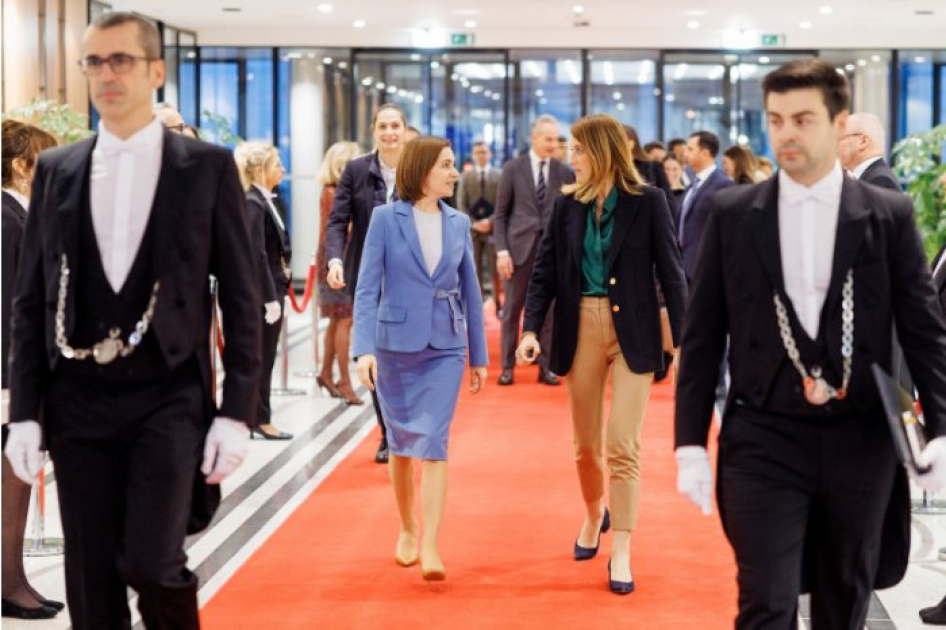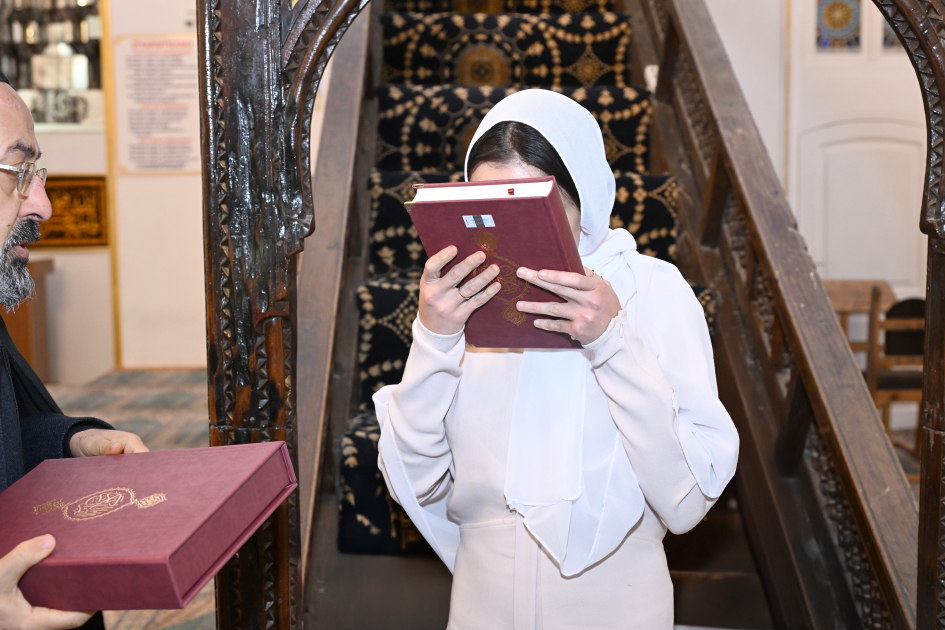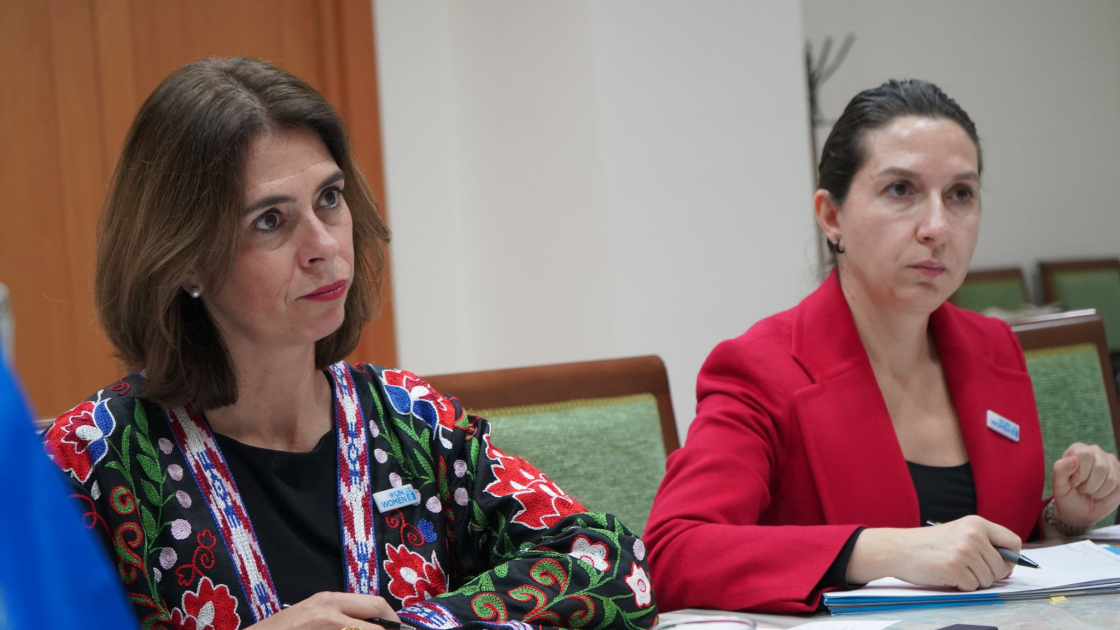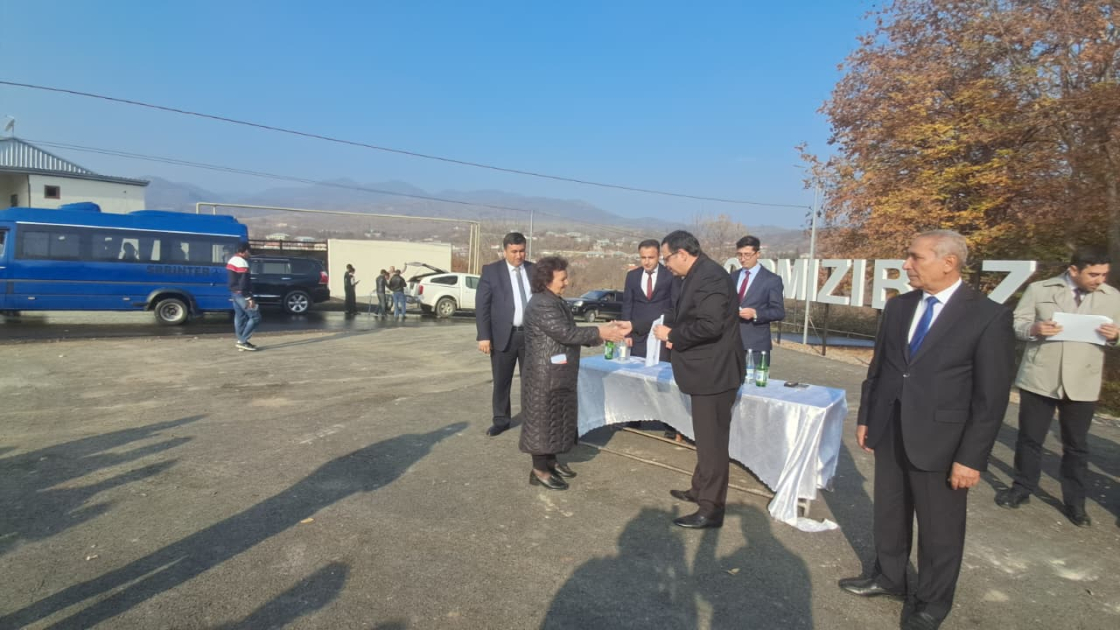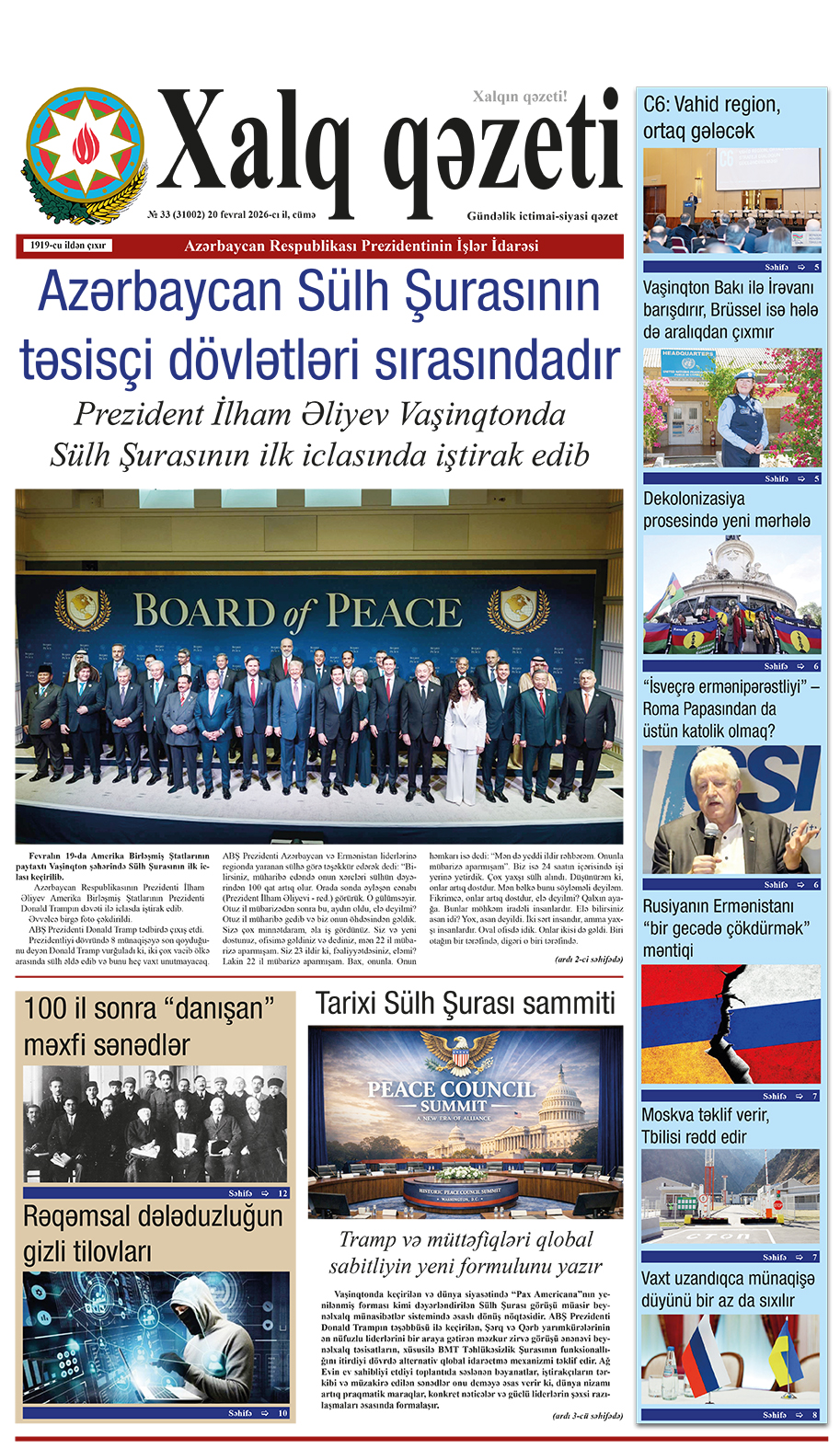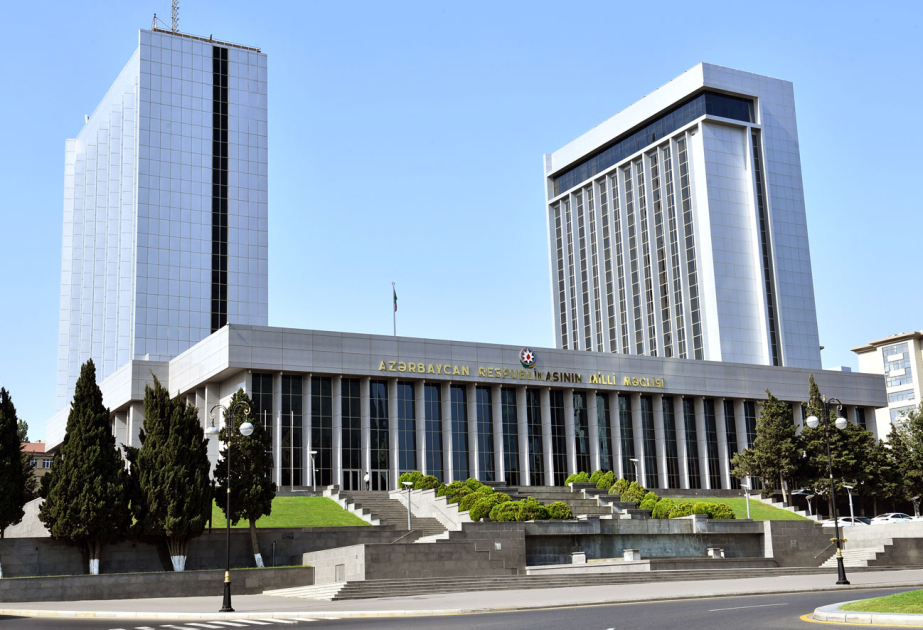President Maia Sandu today ended her working visit to Brussels, according to Moldpress.
The goal of the visit was to consolidate the Moldova-European Union relations and speed up the European integration of the country, reaffirmed by the citizens at the constitutional referendum, the presidential press service has reported.
The head of state had more meetings with leaders of the European institutions and representatives of the new composition of the European Commission. Thus, Maia Sandu had discussions with European Commission President Ursula von der Leyen, European Council President Antonio Costa and European Parliament President Roberta Metsola.
President Sandu also had meetings with High Representative of the European Union for Foreign Affairs and Security Policy Kaja Kallas, Vice-President of the European Commission and Commissioner for Skills, Education, Quality Jobs and Social Rights Roxana Minzatu, European Commissioner for Enlargement Marta Kos, European Commissioner for Energy and Housing Dan Jørgensen, European Commissioner for Democracy, Justice and Rule of Law Michael McGrath, European Commissioner for Budget and Administration Piotr Serafin. President Maia Sandu also had a meeting with leaders of diverse European political families represented in the European parliament.
The head of state and European partners discussed also the energy context and the risks of a possible crisis this winter, stressing the importance of the European Union’s support for the stability of Moldova and the region.
The Moldovan president also agreed with European partners on the finishing, in 2025, of the negotiations on accession to the Singe Euro Payments Area (SEPA), so that the Moldovans no longer pay taxes for the transactions they make with the banks of the European Union and on the full removal of the roaming taxes.
An important subject was the financial support provided by the European Union for Moldova’s development, especially for the growth of small- and medium-sized enterprises, modernization of infrastructure and settlements.
In the last autumn, Moldova got a plan of investments worth 1.8 billion euros for the period 2025-2027, meant to stimulate the economy, create jobs and attracts investments in infrastructure. ‘’We agreed that the first installment comes in the first months of the next year,’’ President Maia Sandu noted.
The head of state also referred to the positive results of the process of evaluation of judges. She emphasized the importance of the acceleration of the fight against corruption – an essential effort for enhancing the citizens’ trust in the state’s institutions and for the rapprochement with the European Union.


